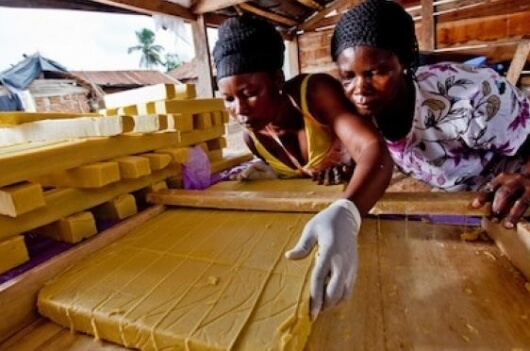Since the first recorded case of the Covid-19 pandemic in Ghana, the government has announced a number of interventions to ameliorate the impact on the ordinary citizen.
Notable among the interventions are the absorption of the utility bills for all Ghanaians. On April 5 this year, government, announced that it will absorb water bills for all Ghanaians for the period of three months.
Again, on April 9, another subsidy was announced, this time, absorbing the electricity bills for a certain category of consumers. The lifeline consumers, that is those who consume between 0-50 kilowatt-hours a month, were to enjoy free electricity while consumers in the residential areas were to have their electricity bills reduced by 50 percent.
These two initiatives were to start in April and end in June 2020.
ALSO READ: Government to absorb electricity bills of the poorest in Ghana
Covid-19 interventions must target the poor
However, an Economist, Professor Godfred Bokpin, says that while the covid-19 interventions were laudable, it however ought to be more targeted at reaching out to the vulnerable in the country. He maintained that giving out interventions in such a manner rather puts more money in the pockets of the privileged in society.
“Because when you do this kind of general subsidy, you end up putting more money in the pockets of those who can really afford and are cushioned already”, he said.
Good policy but poorly implemented
“I think that the electricity subsidy is a good policy but poorly implemented. It could have been more targeted and that would have been more efficient”, he added
A Senior Research Fellow at the Institute of Statistical, Social and Economic Research (ISSER), Dr Charles Ackah, also supports this view of targeting subsidies. He says “even though it is good, but the approach was very wasteful” because it was not target based.
He said the least government could have done is rely on data from the statistical service to identify the poorest in the country. And then take their bills to verify consumption levels.
“You can check people’s welfare levels by checking their consumption expenditure because its difficult to get people’s incomes”, he stated. Doing this, he said will have enabled government to identify the poor households.
“You don’t need to waste money to provide free water and electricity to people who don’t need it”, he added.
He says targeting the poor households would not have been difficult if the country had taken its registration processes and local government systems seriously.
“We didn’t have to wait for a crisis to have the poverty profiles of our people. We already know those who are on leap support in the communities”, he said. But in the absence of nothing, Dr Ackah says the intervention was good because some households will definitely benefit.
Both Prof. Bokpin and Dr Ackah made their remarks on the COVID-19 interventions in Ghana, while speaking at a national economic webinar held on Wednesday, May 27, 2020.
The webinar was organised by Advocate for Christ Ghana.
By Salifu B.B. Moro











